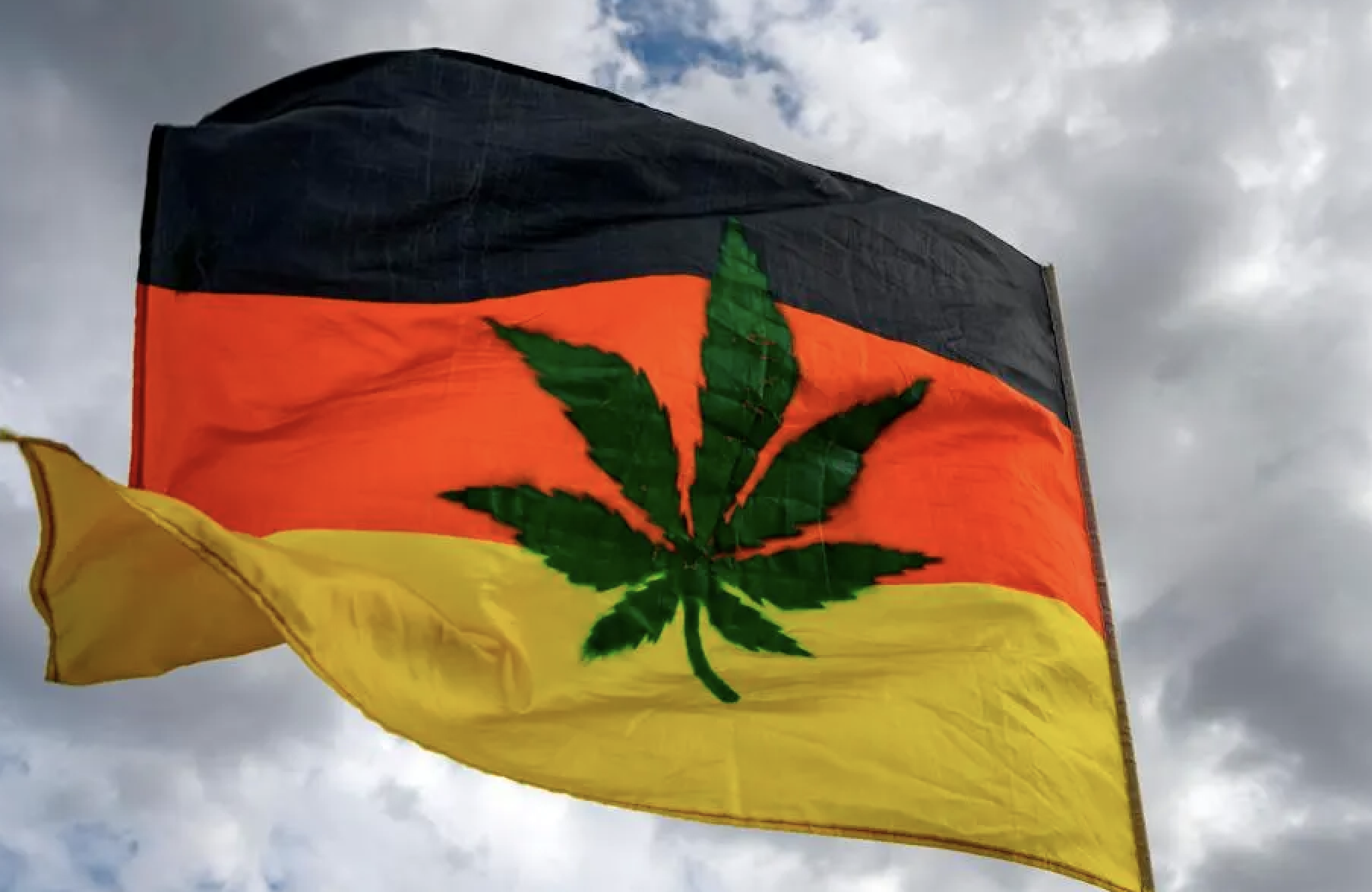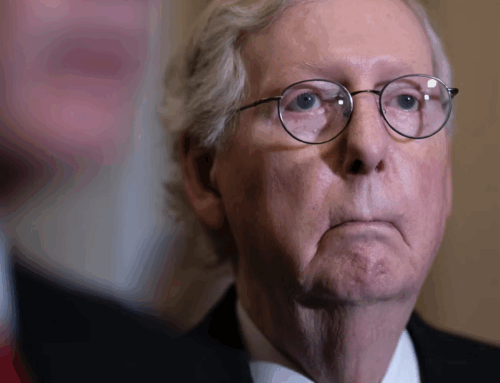Germany’s Supreme Court Says ”No” To Canabis Legalization Plans
Berlin–In a federal legal setback for the pending decriminalization of cannabis, the Karlsruhe-based Supreme Court has upheld its case law from the 1990s, disregarding several appeals. The ruling, issued by the Third Chamber of the Second Senate of the Federal Constitutional Court, addresses the constitutionality of banning cannabis products, as referred to it by courts in Bernau/Berlin, Münster, and Pasewalk.
The lower courts had previously declared the statutory offenses of the German Narcotics Law, or BtMG, to be unconstitutional when applied to cannabis and its products. These courts argued that criminalizing cannabis products constituted a “disproportionate interference in the freedom of action and general right of personality” protected by Article 2(1) of the Basic Law or Grundgesetz, along with Article 1(1) and Article 2(2) of the same. They also asserted that the criminalization of cannabis violated Article 3(1) and Article 103(2) of the Basic Law.
Contrary to the lower courts’ decisions, the Supreme Court ruled that the referrals were inadmissible and chose not to overturn its previous caselaw established in the 1990s. The court based its decision on both German law and international law, specifically the 1961 Single Convention on Narcotic Drugs.
This ruling comes shortly after the federal government unveiled its draft cannabis law, which aims to remove the narcotics designation of cannabis. The proposed law would enable home cultivation and the establishment of domestic nonprofit cannabis clubs for cultivation and sales. The timing of the Supreme Court’s ruling raises questions about the judiciary’s willingness to lead the charge on domestic cannabis reform, as it relies on outdated precedent predating the legalization of medical cannabis anywhere in the world.
The ruling places the burden on the sitting government coalition to promote its new proposal in a legal environment that seems intent on upholding the global 1961 Convention through German law, as long as decriminalization of cannabis is not considered at all.
Consequently, the legislature will need to act proactively, potentially preceding the Supreme Court’s stance. This is not surprising, as past lawsuits filed by patients in the last decade have previously compelled the legislature to address medical cannabis regulations.
While the decision may disappoint cannabis advocates, it aligns with the German courts’ practice of adhering to precedent decisions. Until the legislature officially decriminalizes cannabis, as planned for the end of the year, the court’s hands are tied. From the court’s perspective, cannabis is not treated similarly to alcohol.
This ruling emphasizes the legal challenges faced by the current government in amending domestic laws while considering both regional and international legal frameworks. Unlike other countries, such as Mexico, where the Supreme Court has repeatedly ruled that the legislature must act to allow cannabis consumption, the German Supreme Court and the legislature find themselves at odds, with the Bundestag taking the lead.
Although this decision represents a setback, it is not entirely unexpected given the strong adherence to legal precedent within German courts. It underscores the need for the Bundestag to initiate legislative action to pave the way for cannabis reform.



































